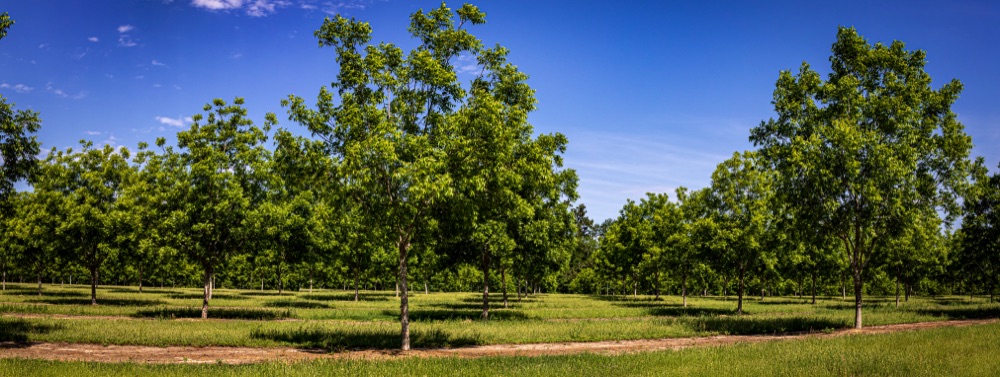
Raw Colded Product
Still has the potential of moisture content change and combustion
Pyrolysis Mitigation
Creating a bio char product stablizes the product from moisture, and increases the BTU value of the product.
Blended Cold Skid
Blended products would enable us to potentially create a single product line, assuming BTU standards are met.
Blended Pyrolysis
Creating a single blended bio char product stablizes the product from moisture, and increases the BTU value of the product.
sfdsfsa

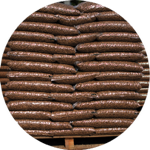
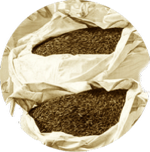
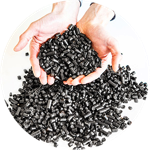
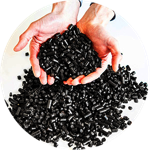
Vertical Markets for Torrefied Biomass
(See Take or Pay Country Markets)
Torrefied biomass has added value for different markets. Biomass in general provides a low-cost, low-risk route to lower CO2-emissions. When high volumes are needed, torrefaction can make biomass from distant sources price competitive because the denser material is easier to store and transport.
Wood powder fuel:
• Torrefied wood powder can be ground into a fine powder and when compressed, mimics liquefied petroleum gas (LPG).
Large-scale co-firing in coal-fired power plants:
• Torrefied biomass results in lower handling costs;
• Torrefied biomass enables higher co-firing rates;
• Product can be delivered in a range of LHVs (20–25 GJ/ton) and sizes (briquette, pellet).
• Co-firing torrefied biomass with coal leads to reduction in net power plant emissions.
Steel production:
• Fibrous biomass is very difficult to deploy in furnaces;
• To replace injection coal, biomass product needs to have LHV of more than 25 GJ/ton.
Residential/decentralized heating:
• Relatively high percentage of transport on wheels in the supply chain makes biomass expensive. Increasing volumetric energy density does decrease costs;
• Limited storage space increases need for increased volumetric density;
• Moisture content important as moisture leads to smoke and smell.
Biomass-to-Liquids:
• Torrefied biomass results in lower handling costs.
• Torrefied biomass serves as a 'clean' feedstock for production of transportation fuels (Fischer–Tropsch process), which saves on production costs.